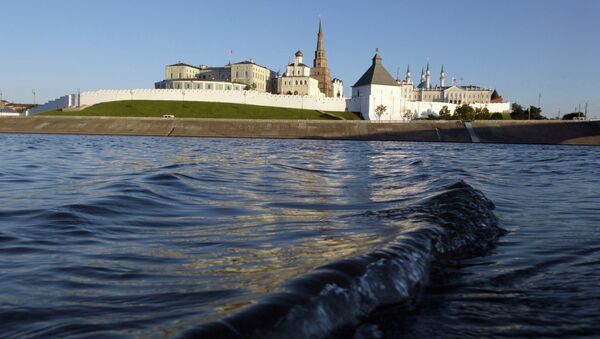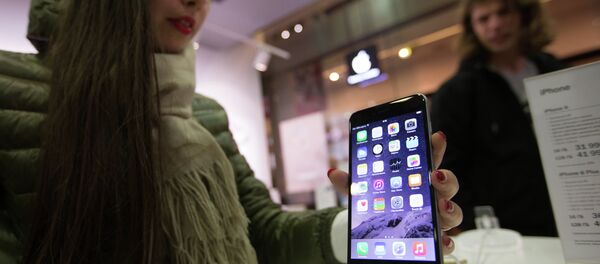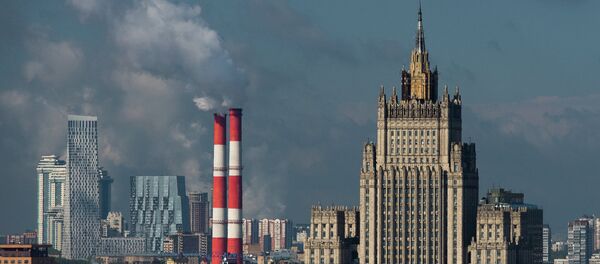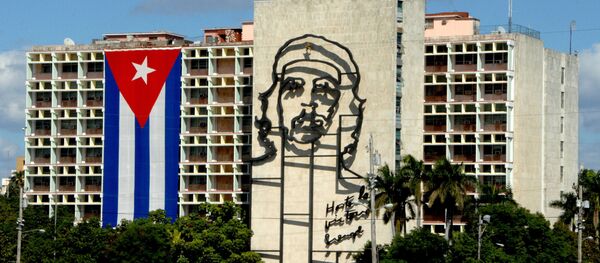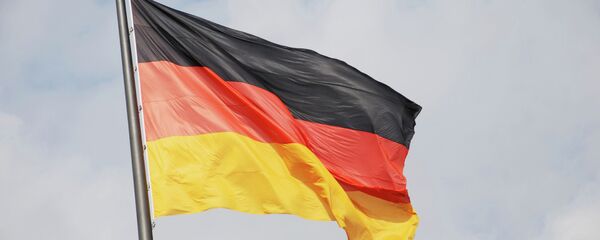MOSCOW, December 10 (Sputnik) – Moscow is becoming a cheaper tourist destination and one of the most affordable for foreigners in Europe due to the slump in the ruble’s FX rate, meaning that inbound tourist traffic might increase by 40-50%, according to some estimates. However, such positive effect of the weaker national currency might as well be negated by Russia’s unfavorable reputation in many countries of the developed world.
“A depreciated local currency always provides a major boost to the inbound tourist traffic,” Maia Lomidze of ATOR said as quoted by RG. “Weaker national currencies in several nations during the 2008 financial crisis contributed to a cheaper tourism costs in several European nations, attracting an influx of tourists and saving the day. Argentina, having experienced a default twice, successfully reorganized its economy based on inbound tourism,” she added.
“A small private guest house in the town of Suzdal, very popular with foreigners, has rooms to let at a daily price of 3,000 rubles ($60). However, for the Christmas holiday season the price was raised to 21,000 rubles ($400) a day. There similar examples in other region,” Lomidze notes. Hence, it is very important for Russia’s tourist businesses to abstain from groundless hikes in pricing.
The second crucial point in boosting Russia’s tourist appeal is visa policies, which is the responsibility of Russia’s authorities. Looser conditions on issue of tourist visas would provide a significant support to the economic advantages that Russia has to offer to international tourists.
However, the head of Moscow’s Committee on tourism and hospitality, Sergei Shpilko, suggested that a weaker ruble would not make a significant impact on Russia’s tourism industry by boosting the amount of foreign visitors, as reported by Rusnovosti. The mainstream Western media have created an atmosphere of mistrust toward Russia, unprecedented since the Cuban crisis, Shpilko said, often affecting the decision of international tourists on whether to visit Russia.
The largest amount of foreign tourists who come to Russia are currently from China. In January through September this year, some 920,000 Chinese tourists visited Russia, a 6% year-on-year increase. Germany, on the other hand, previously a leading tourist supplier, has shown an 8% decline in amount of visitors to Russia. Tourism from South Korea skyrocketed by 57%, with over 70,000 people visiting Russia this year. Japan added 4% in the number of tourists bound for Russia.
